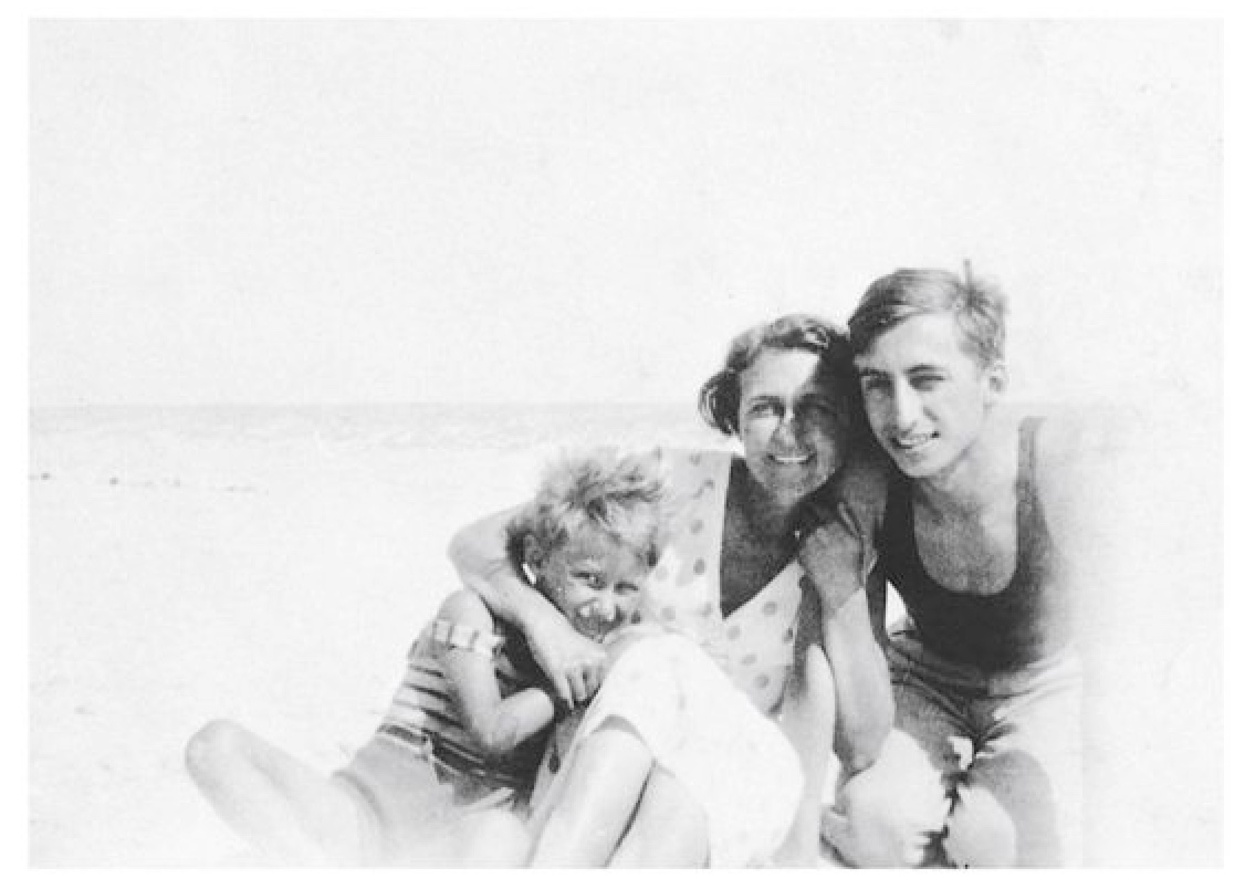After the Private Self with Damon Young

BCNM was proud to support four amazing projects during last year's round of faculty research seed grant awards, adjudicated by our alumni. Read about how Damon Young (French and Film & Media) has used his funding to explore in what way this “private self" survives into the twenty-first century.
In his own words:
I was the grateful recipient of a $5000 seed grant for a new project, “After the Private Self.” I used the funds to participate in three conferences, where I presented preliminary research and engaged in dialogue with colleagues from Berkeley and other institutions working on questions of contemporary subjectivity and contemporary media. I am now finishing work on a book proposal for NYU Press, based on this research.
The project examines the technical ground — i.e. the historically variable media forms — of self-expression, from Rousseau’s Confessions to the 21st-century digital selfie. From the 17th through the 19th centuries, the evolving technologies of the autobiography, diary, letter, and domestic novel helped fashioned a subjectivity defined through an imperative to express (and thus discover) a new sense of interiority. This expressive, loquacious self would later become the subject of psychoanalysis, always at risk of revealing more than he or she bargained for through symptomatic slips in his/her discourse. My interest in “After the Private Self” is in how this text-based subjectivity transforms in the era of photographic technologies (when the portrait becomes a new marker of identity) and then in the era of digital media, when self-portraiture becomes not only a ubiquitous cultural practice but a mandated activity across a range of institutional and media contexts. This year I focused on sharing research with scholars working on the contemporary end of this span, i.e. scholars theorizing contemporary image technologies from a humanities perspective.
For the ASAP conference in October (in Oakland — I didn’t have to travel far for that one!), I organized a panel titled “Arts of the Self: Selfies, Self-Portraits, and Contemporary Art.” I invited three scholars and one artist working on contemporary self-imaging practices, on topics including Instagram art to racialization and photography as a minoritarian community practice. In the same semester, I taught a graduate seminar in the French department titled “I Confess: Self-Narration and Self-Documentation from the Novel to New Media,” in which we read key theoretical texts on the relation of subjectivity to medium, as well as looking at examples across text-based and audiovisual media. I used a small portion of the seed grant funds to pay a stipend to a visiting student researcher from France who participated in the seminar and helped me with the sourcing and preparation of some of the materials.
At the MLA in New York in January, I participated in a three-day seminar on the present and future of psychoanalytic theory. In my presentation, I asked whether the psychoanalytic subject formed in relation to print media technologies and their associated discursive modes in the 18th and 19th centuries survived into the 21 st, or whether the era in which psychoanalysis constitutes a dominant model of subjectivity is effectively over.
At the American Comparative Literature Association conference in Los Angeles in March, I participated in another three day seminar, titled “Twenty-First Century Mediations of Subjectivity.” The participants included digital media theorists Mark Hansen, Shane Denson, James Hodge, and Anais Nony, who brought their variously phenomenological, Stieglerian, Berlantian, and Simondonian approaches to the question of contemporary subjectivity (in its relation to technology and to time). I presented a paper on modes of confession in contemporary media, and the exchange, which continued over the three days of the conference, was very productive.
In addition to these seminar presentations, I participated in a roundtable at the SCMS conference in Toronto (in March) on “The Present and Future of Queer Film and Media Studies.” Adapting this current research, I asked if the methods of close reading that have been central to queer film studies (formed in the “century of cinema”) were applicable in the same way to digital media texts, and the questions I posed provoked a lively discussion among the audience of queer film and media shcolars.
I am now at work on the book proposal for NYU Press, which I hope to complete by the end of June. I thank the Berkeley Center for New Media for supporting my research (and research- related teaching) this year with the Faculty Seed Grant. I look forward to sharing the research with the BCNM community as it evolves further in coming semesters.
